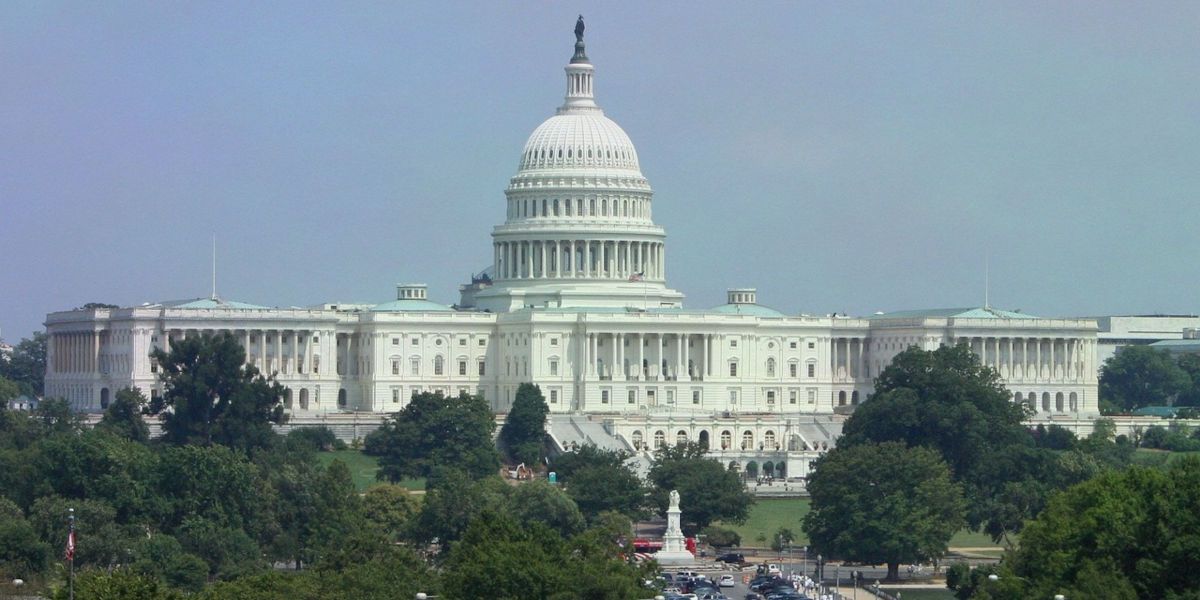If you've recently curled up on your couch to catch up on yours favourite TV series or strolled into the movie theatre for a cinematic ride, you might have noticed something new propelling the plotlines. Beyond the usual thrills, chills, and mind-bending twists, an unexpected element is stirring the story – namely, politics. The shadows of real-life debates, ideologies, and even controversies are increasingly infiltrating our TV and film narratives. In this article, we'll explore 'The Increase of Politically-Charged Content in TV and Film' and delve into 'Politics in Modern Media'.
The Increase of Politically-Charged Content in TV and Film
Tv series and films are no longer shying away from incorporating politically-charged themes, rather, they're embracing them wholeheartedly. Whether it's satirical commentary subtly embedded or hard-hitting critiques openly on display, you're likely to stumble upon political undertones in the most unexpected of genres today.
Take for instance recent TV series such as "House of Cards" or "The Handmaid's Tale". These series, while fictional, are deeply seeping in political themes, highlighting issues like authoritarian government, corruption, and women's rights respectively. And it's not just on the small screen, even the glamorous Hollywood seems to have caught the political bug - evident in critically-acclaimed films like "The Post", "Vice" or "Snowden".
Politics in Modern Media: How and Why?
Admittedly, incorporating political themes in media isn't an entirely new fad. Yet, the frequency and intensity we have seen in recent years is notably increased. But why is there more politically-charged content in media today? The reasons could be manifold.
For one, media serves as a reflection of our society, mirroring the interests, concerns, and topics that are prevalent in our collective conversations. In the current era, politics is undeniably at the forefront of these talks. Owing to local as well as global developments - be it elections, policy changes, or protests - the political climate remains heated, and media magnifies this reality artistically.
Secondly, politics can add layers of complexity to the narratives. It's a device that can deepen the plot, elevate the characters, and make for a gripper watch, all while nudging viewers to question, ponder, and engage in a way they wouldn’t have otherwise.
The third reason could be transparency. With the upsurge of globalisation and the information age, people are more politically aware and interconnected than ever before. There's a demand for narratives that acknowledge this reality - that hint at the connection between personal life and political climates, that make viewers feel seen, represented, and relevant. The surge of political content in TV and film thus makes perfect sense in catering to this audience sentiment.
Approach to the Increasingly Political Media Landscape
The modern media landscape is bursting with a vast array of platforms, each vying for attention in an increasingly crowded space. So, how does politics fit into this? The answer is both complex and simpler than it may seem.
One of the key factors driving this shift towards the political is the sheer noise of the media environment. With so much information vying for our attention, media outlets are constantly looking for ways to stand out, and political content is one engaging way to do this.
Political content, by its very nature, encourages engagement. Unlike a product or service advertisement, political messages can hit home, resonate with individual beliefs, and provoke reactions. This is a highly effective way for media platforms to engage their audience, thus driving up views, shares, and, ultimately, their bottom line. More than ever, political content is seen as a tool for engagement and debate.
Furthermore, the rise of social media platforms has given people the ability to have a direct voice in political discourse. This has led to an increase in user-generated political content, which is then amplified by algorithms that favor engaging content.
The Impact on Society
While this shift towards political content could be seen as simply reflecting our increasingly politicised world, there are also valid concerns about the impact this might have on society.
Firstly, the algorithmic nature of many online spaces means there is a risk of users becoming trapped in echo chambers, where they only see content that aligns with their pre-existing views. This not only narrows our understanding of complex political issues, but can also contribute to increased societal polarization.
On the other hand, the rise of political content does mean that more people are becoming engaged with political issues. This is important in a democratic society, where an informed and engaged populace is vital.
Looking Forward
Future trends, nonetheless, suggest an increase in the politicisation of media content. As political issues continue to dominate public conversation and demand our attention, the line between media and politics seems set to blur further.
As we move forward, it is vital to remain critical of the media we consume. Only through questioning the authenticity of the narrative, understanding the motives of the creators, and constantly seeking a diverse range of sources, can we hope to navigate the increasingly political media landscape.
In conclusion, the penetration of political content into modern media is indeed increasing. While it does pose certain challenges, if handled with critical consciousness, it could lead to a more politically aware and engaged society.




